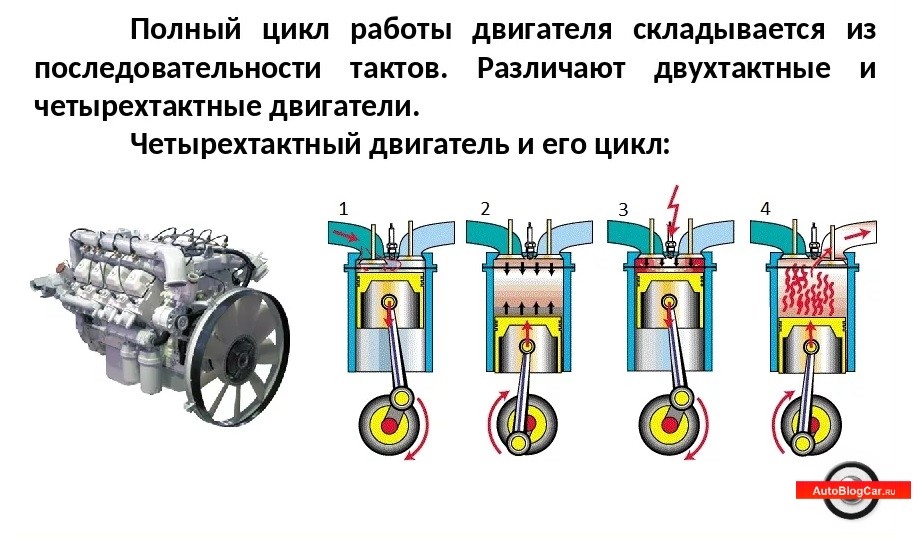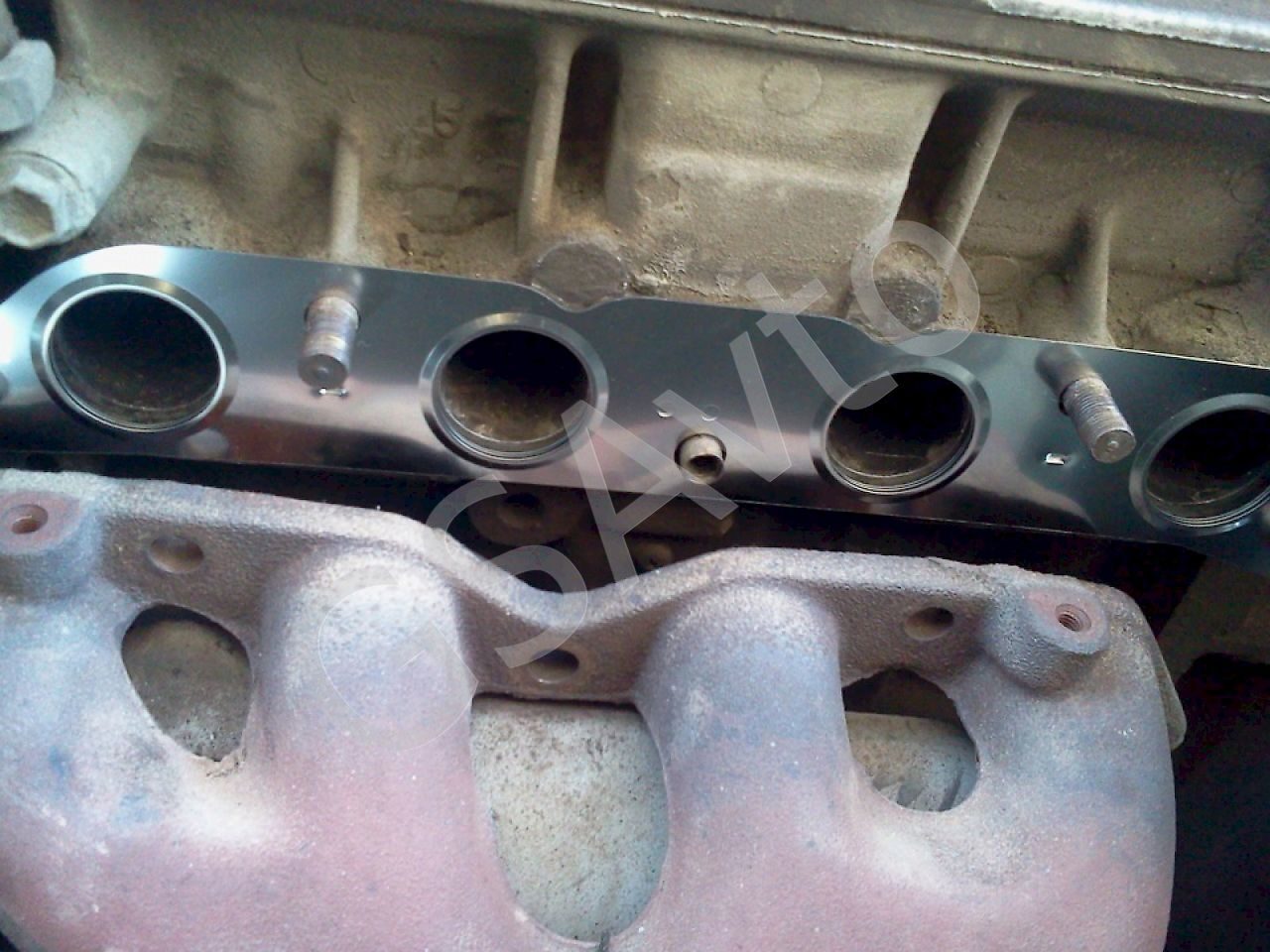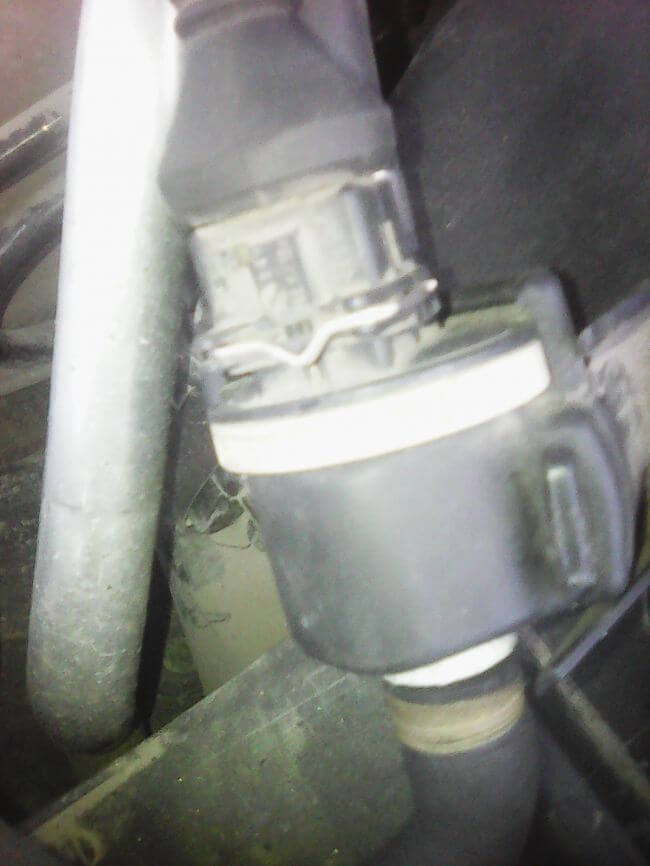
How does a diesel engine work?
Content
This is the only pump on the edge of the station. Nobody seems to ever use it. Lonely Island is empty until you hear the rumble of a truck. The truck noisily pulls into the parking lot and pulls up to the pump house. What you don't notice is an efficient compact car creeping up to the other side of the pump. Diesel is no longer just for trucks.
Diesel engines have been used in the transportation industry for a long time. They produce huge torque for their size and are reliable under heavy loads. But the same technology that's so prominent in trucks has been scaled down to pickup trucks and compact cars with great results, and its popularity is growing.
What is Diesel Fuel?
Diesel fuel is a broad concept. This refers to a type of fuel that ignites by compression rather than by a spark, which is called fuel ignition. It is most often derived from crude oil, like gasoline, but it undergoes a different partial purification process. This gives diesel fuel more oily properties than gasoline.
Alternative sources of diesel have been developed, such as biodiesel, which can be made from vegetable oil. Diesel fuel is very convenient to store and produce, and home kits allow you to create your own biodiesel.
How does a diesel engine work
A diesel engine is significantly different from a gasoline engine. The premise is the same, where a small explosion inside an engine cylinder pushes the piston down, creating a power stroke. However, how this is achieved is strikingly different.
While the explosion in a gasoline engine comes from the spark plug, diesel engines do not ignite at all. They are not equipped with spark plugs and instead rely solely on compression. In a gasoline engine, the compression ratio is typically between 8:1 and 10:1, which means that the volume of air and fuel in the cylinder is compressed to one eighth or one tenth of its original volume. In a diesel engine, this compression is roughly doubled! The mixture of diesel fuel and air is compressed from 14:1 to 22:1.
Why is it important? This is because the explosion is simply due to the extreme pressure of this compression on the fuel. Diesel fuel doesn't burn well when exposed to a spark or flame anyway, but produces a tremendous amount of power when it explodes due to compression.
fuel injection
Due to the thicker, oilier consistency, diesel fuel is more difficult to atomize and spray into the cylinder. In addition, diesel fuel is injected at the highest compression point. This means that the diesel injection system needs an incredible amount of pressure to effectively inject fuel into the cylinder. The diesel engine normally works with two fuel pumps; a supply pump from the tank to the engine compartment and a high-pressure injection pump to increase the pressure in the injectors.
Advantages of modern diesel technology
New technologies on the market, including common rail diesel (CRD) injection systems and diesel particulate filters, mean diesel engines run quieter and cleaner than ever before. The nasty smell and loud operation that made diesel ownership unpleasant were eliminated, and the fuel economy advantage increased its popularity again.
Possible problems with diesel fuel
Owning a diesel car can come with a set of common problems. When operating in cold climates with sub-zero temperatures, diesel fuel tends to gel, causing serious starting and running problems. This is easy to prevent and fix with a diesel fuel conditioner, but it's still annoying. Since diesel engines are not as popular as gasoline engines, finding a filling station equipped to fill passenger cars with diesel fuel can sometimes be difficult. Be aware of places nearby, as well as their opening hours, and plan ahead for refueling stops when you travel.
Common problems with diesel engines
Water doesn't burn well. When diesel fuel contains water vapor, its performance can be significantly affected. Diesel engines are equipped with a filter called a water separator that requires regular maintenance and is usually neglected. Diesel engines can be quite expensive to repair because they require a lot of labor to diagnose and repair. An example of a common problem with many manufacturers is the cylinder head gasket: it is prone to premature failure because it seals the highest compression point in the engine. Regular maintenance at auto repair shops like AvtoTachki, as well as diagnosing problems as they occur, will help you avoid unnecessary repair bills.

